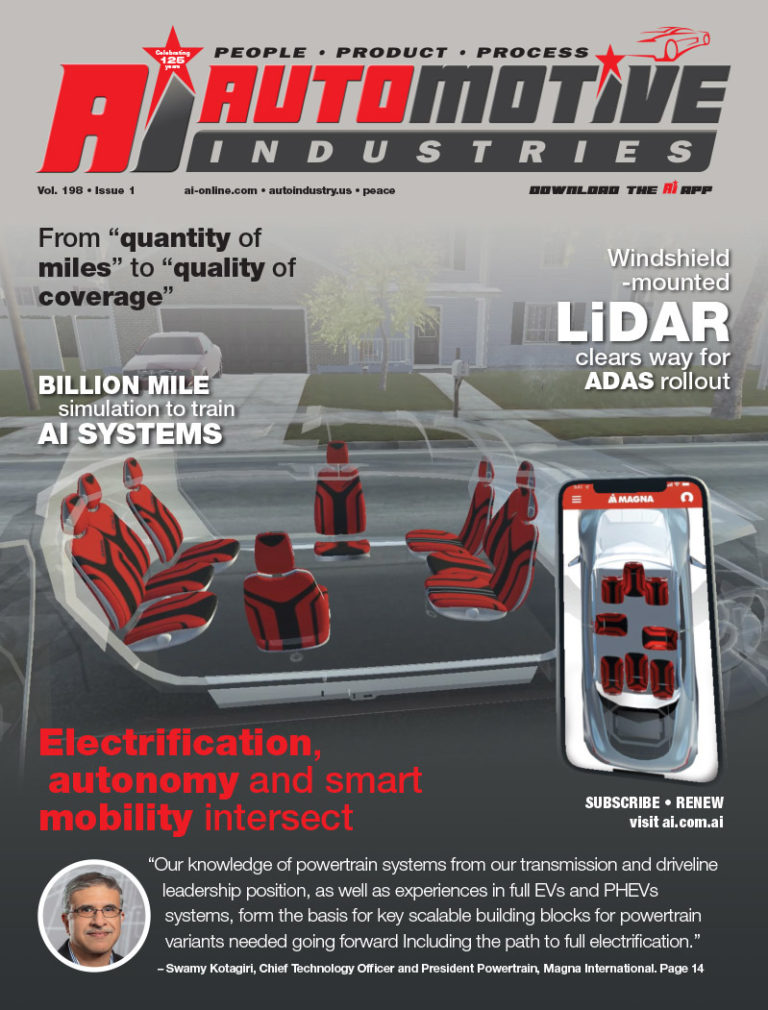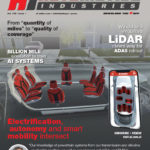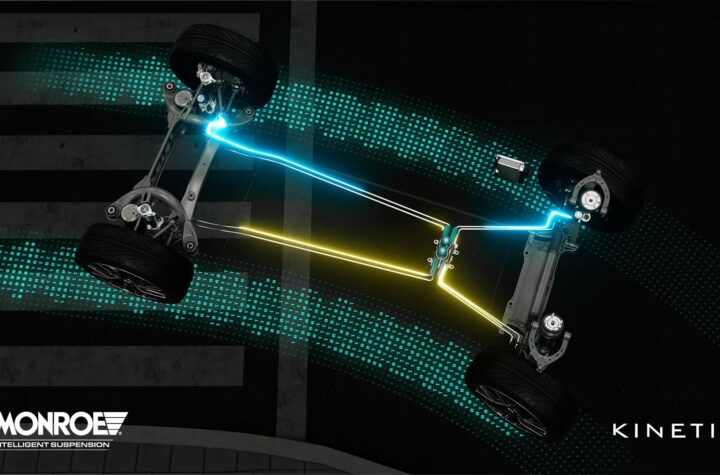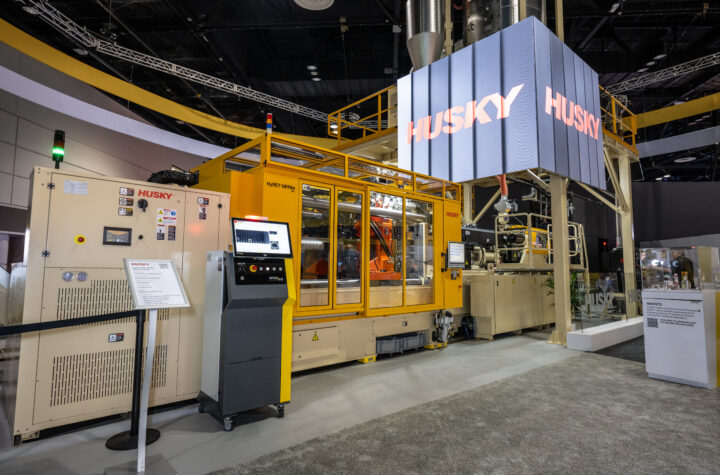A number of critical developments which will directly affect the rollout of telematics in cars and trucks are at play – and many are outside the control of the industry.
Passenger car producers and their suppliers are asking whether the Telematics car business case is profitable enough, and whether road safety legislation restricting the number of potential distractions facing drivers – as well as integrity issues – make it impossible to deliver the infotainment services the market seems to be demanding. On the commercial front, factory-fitted telematics technology in trucks has the potential of disrupting the Fleet Management System Market.
These two subjects were debated at Telematics Valley International Conference in Gothenburg on October 9 and 10, 2012. Telematics Valley is a non-profit organisation supporting its members to do more business within the Telematics area as well as also related ITS and M2M areas.
Automotive Industries (AI) asked Jan Unander, Executive Director of Telematics Valley, what the challenges are in the car market.
Unander: Infotainment in cars has never been a gold mine, and never will. Today I hope and believe that most car manufacturers have adopted a completely different view – that connectivity and infotainment are important to position the brand to sell more cars. I also hope that they have accepted that the internal business case alone justifies the investment of technical infrastructure in the car. The internal business case focuses on creating income from the aftermarket that actually generates 60-80% of the profit for a car manufacturer. On top of that, it delivers savings in lower warranty cost, lower cost on leasing/ hire contracts, shorter and better product development, reduced marketing cost and improved efficiency in the branded workshops to mention some of the benefits.
AI: So what’s the problem?
Unander: To quote Ray Lahood – United States secretary of Transportation, “Every single time you take your eyes off the road or talk on the phone while you’re driving – even for just a few seconds – you put yourself and others into danger!” Is it really true that barring drivers from making any calls at all or consuming any infotainment services while driving will influence that figure significantly? Researchers have found that there are positive ways to alert (not distract) a driver, and voice controlled commands are improving the safety.
Another factor that can put a blanket over the infotainment business case is not having respect for personal integrity by revealing/using geographical position and other sensitive information for commercial or regulatory purposes. Should car manufacturers offer integrity proofed services that might reduce functionality and the user experience to position themselves, or is it the “open world” that rules ?
AI: What about trucks?
Unander: Most major truck manufacturers are starting to factory fit Telematics to be able to reach the trucks to collect and make use of diagnostic data. But, that also means that they will have the com¬munication channel for the Fleet Management Systems (FMS). These could be either their own or a third-party solution.
This can be seen as a threat to the es¬tablished third-party Fleet Management System providers as sometimes an im¬portant part of their income is generated from the technical infrastructure they install to enable their customers to use their solu¬tions. Truck manufacturers have standardized the data/information accessibility, and third party FMS providers might find it difficult to argue for pro-prietary solutions in the future.
AI: How will this change existing business models?
Unander: I strongly believe that if there was a closer dialogue between the truck manufacturers, third party suppliers of FMS solutions and other suppliers of data/ information from the vehicle, trailer and the cargo, higher value for the trans¬porters will be created. There are opportunities for partnerships. Many of the big third-party FMS sup¬pliers are internally organized to offer total solutions including the technical infrastructure. Truck manufac¬turers have a limited access (and often limited interest) to information from the goods and goods terminals, but deep insight of fuel consumption and other vehicle-related data.
Logistics specialists should be able to focus on their applications and services around improving efficiency in the transportation flow. If, for example, suppliers of trailers, refrigeration equipment and components for the vehicles also provide their data and information in a commercial win-win way, the source for more and more reliable data can be created.














































 Android driving vehicle connectivity
Android driving vehicle connectivity



